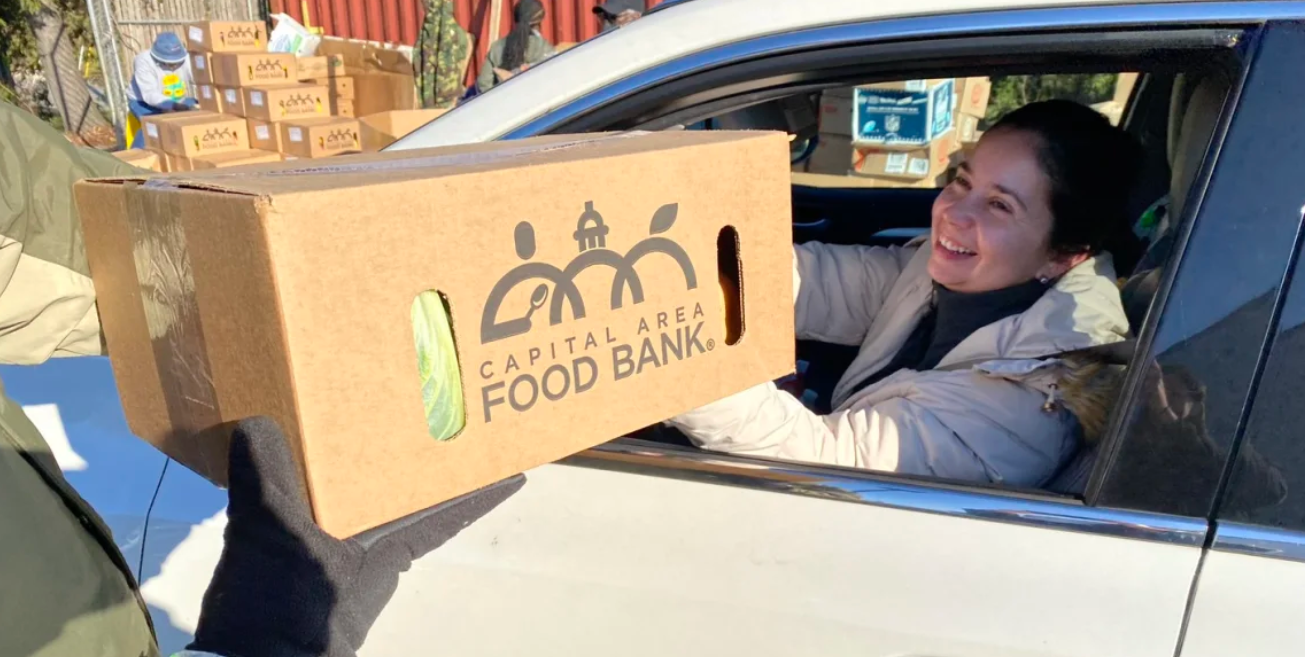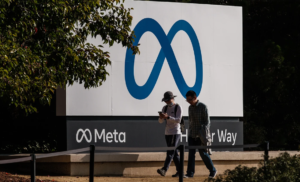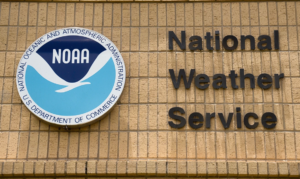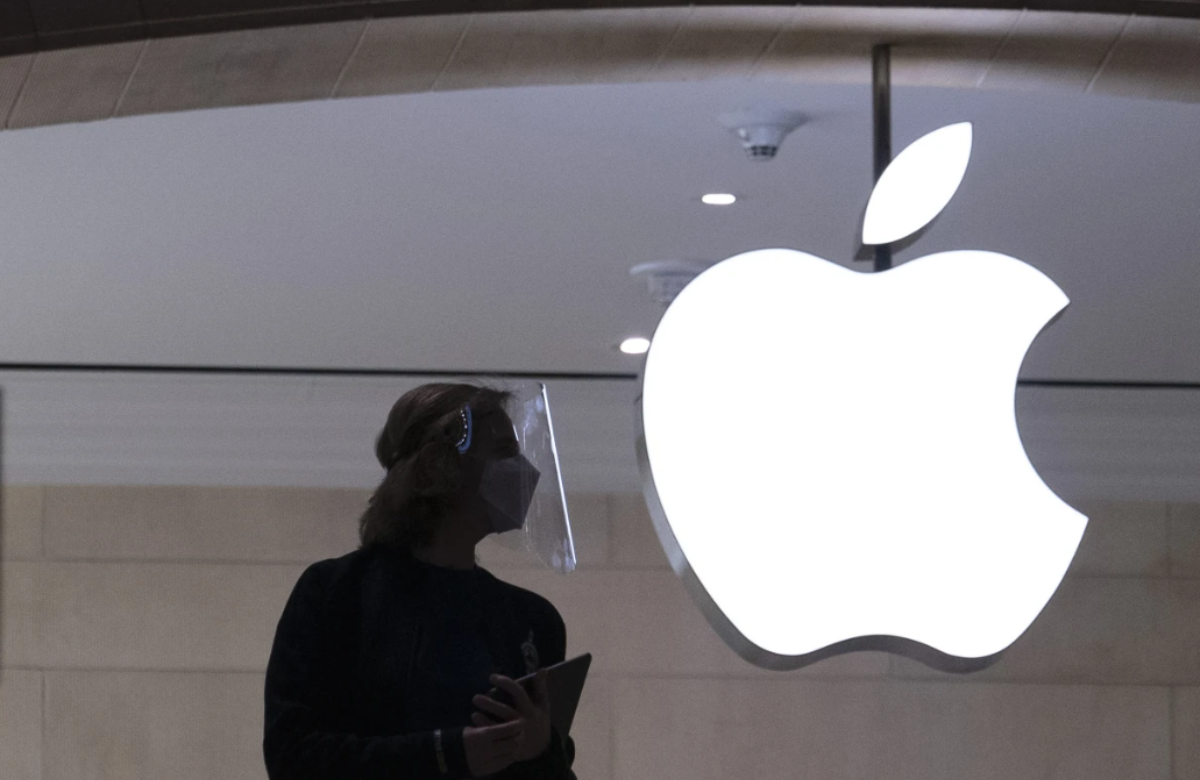In the coming weeks, food pantries across Fresno County, California, will face emptier shelves. Visitors will find fewer groceries, and the bags they receive will contain less nutritious food, such as chicken, eggs, milk, and cheese. This is largely due to the U.S. Department of Agriculture halting $500 million in deliveries to food banks nationwide—deliveries that had been announced by the Biden administration last year, according to multiple food banks. The Central California Food Bank, which supplies food to 60 pantries in the county, recently learned that 13 truckloads of groceries, valued at $850,000, scheduled for delivery between April and July, have been canceled. This comes at a time when many residents are struggling to afford food due to high supermarket prices, according to Natalie Caples, the food bank’s co-CEO.
“My food bank in Fresno can’t just pull together $850,000 and 500,000 pounds of food to replace that canceled delivery,” Caples explained, emphasizing that the nonprofit is already operating at a deficit. “As a result, neighbors will receive less food when they visit these distribution sites, and the variety of food available will be reduced.”
The USDA confirmed to Feeding America, a national network of over 200 food banks and 60,000 meal programs, that it is currently reviewing the funding, according to Vince Hall, the nonprofit’s chief government relations officer. “We hope the review will result in a decision to continue using CCC (Commodity Credit Corporation) funds for food purchases,” Hall said, adding that food banks across the country are at risk of not having enough supplies to meet demand. This issue is especially severe in rural areas, where food banks rely more heavily on government-supplied food.
The $500 million in funding was provided by the USDA’s Commodity Credit Corporation, which occasionally allocates additional resources to purchase food from U.S. farmers and ranchers and distribute it to emergency food providers. The pause on deliveries comes shortly after the USDA announced the end of two Covid-19-era programs that had supplied funding for food banks and schools to buy food from local and regional farmers, cutting off about $1 billion in support.
In response to the pause, the USDA stated that the Biden administration had created “unsustainable programming and expectations” using the Commodity Credit Corporation. However, the agency pointed out that it is still purchasing food for The Emergency Food Assistance Program, having spent more than $166 million so far this fiscal year, which began on October 1. Additionally, it has spent over $300 million on various poultry, fish, fruits, vegetables, and tree nuts through another assistance program, and recently approved $261 million more for additional purchases of fruits, vegetables, and tree nuts.
The Capital Area Food Bank in the Washington, D.C. metro area is struggling to replace $1.3 million in canceled food deliveries. According to Radha Muthiah, the food bank’s CEO, 27 trucks containing the equivalent of 670,000 meals, including chicken, eggs, blueberries, and other nutritious items, are now marked as “returned” in the USDA portal. The food bank is reaching out to its supporters—such as food retailers, wholesalers, corporations, foundations, and individual donors—in an attempt to fill at least part of the gap, although Muthiah acknowledged that doing so in such a short time frame will be challenging.
“We’re doing everything we can to avoid reducing the amount of food flowing through our network because we know how essential it is for people right now, and there may be even more individuals needing help, especially with potential cuts to the federal workforce,” said Muthiah.
However, not all food banks have the ability to turn to private and corporate donors to make up for the loss of USDA-supplied food. Feeding Southwest Virginia, which serves 26 mostly rural counties, had 10 truckloads of food, worth $513,000, paused. According to Pamela Irvine, the nonprofit’s CEO, the organization lacks the resources to purchase food to replace those canceled deliveries.
“We’re faced with tough decisions, just like the families and neighbors who are struggling,” Irvine said. “It might mean that some of our agencies and programs will have to provide less food, or we may need to serve fewer people.”













